
What is a smart luggage?
Smart luggage is a type of luggage with built-in electronics, usually including high-tech features such as electronic locks, GPS traceability, self-weighing, smart charging, USB charging ports, auto-following, fingerprint recognition and even rideability, like Airwheel smart luggage. These features are achieved through a combination of built-in batteries and electric devices, making smart luggage more intelligent and convenient than traditional luggage. Smart luggage is becoming increasingly popular with consumers for its innovative design, convenient functionality and high quality production. However, the questions that arises are, why do airlines not allow smart luggage on planes? Why are lithium batteries banned from airplanes? What kind of smart luggage can be taken on board? And so on. Here are the answers you may want to find.

Why do airlines ban smart luggage?
The reason why airlines have banned smart luggage is because of the potential fire risk associated with the lithium-ion batteries used in these devices. Smart suitcase on the market today often contains lithium batteries to power features such as GPS tracking, electric motors and built-in charging ports, and so on, which can be a significant safety hazard, so airlines have restrictions on the carrying and transporting of smart suitcase. In fact, many smart suitcases can be taken on board, they just need to meet the relevant airline regulations.

Why can't lithium batteries be taken on board?
Lithium batteries in the smart luggage can easily cause fire or explosion due to overheating or short circuit, and some lithium batteries may also pose a risk of fire or explosion during use, so airlines have certain restrictions on carrying and transporting lithium batteries. Airlines usually follow the relevant regulations of the International Civil Aviation Organization (ICAO) and the International Air Transport Association (IATA) to restrict the type, capacity and quantity of lithium batteries to be carried to ensure the safety of passengers and crew. Generally speaking, passengers are allowed to carry a certain number, capacity and type of lithium batteries (that means your smart luggage), subject to the relevant regulations and security checks. If the capacity of the lithium battery exceeds the prescribed limit, the airline may require the passenger to remove it and deliver it for storage with the ground staff.

What types of lithium battery devices can be carried on board?
Airlines generally restrict the type, capacity and number of lithium batteries that passengers can carry in accordance with the International Civil Aviation Organization (ICAO) and International Air Transport Association (IATA) regulations. Under the regulations, passengers are allowed to carry their smart luggages with lithium batteries, if the batteries are:
- Lithium-ion batteries (in-device or spare), not exceeding 100Wh, can be carried in several pieces. For example, lithium batteries used in mobile phones, tablets, laptops, cameras and other devices are usually within this range.
- Lithium-ion batteries, over 100Wh but not over 160Wh, are limited to two pieces. These lithium batteries are usually used in large handheld devices such as video cameras, laptops, mobile power supplies etc.
- Lithium-ion batteries over 160Wh usually require special approval from the airline before they can be carried on board.
It is important to note that the above rules only apply to lithium batteries carried in hand luggage or carry-on items. There are also regulations for lithium batteries in checked baggage, which need to be followed by the airline.

What kind of smart luggage can I take on board?
Smart suitcases with built-in lithium batteries need to meet the relevant airline regulations before they can be taken on board. According to the International Civil Aviation Organization (ICAO) and the International Air Transport Association (IATA), smart luggage with built-in lithium batteries should meet the following conditions:
- The capacity of the lithium battery must not exceed 100Wh.
- The lithium battery must be installed in the device or be placed in the luggage to avoid short circuit and damage.
- If the lithium battery built into the smart luggage exceeds 100Wh, but does not exceed 160Wh, special approval from the airline is required before it can be taken on board. Some airlines may need to apply days or even weeks in advance.
In addition to this, to avoid the risk of fire and explosion, airlines require that lithium-ion batteries in smart luggage must be removable, in which case they can be removed from the luggage and taken on board the aircraft in the passenger cabin. Smart luggage with removable batteries must also comply with the airline's size and weight limits for carry-on luggage.
Buy smart luggage in Airwheel official online shop.

Here, I mentioned a very famous brand of smart luggage - Airwheel. So, does Airwheel smart luggage meet the boarding requirements of airlines? My answer is, that must be. Then why should I choose airwheel brand while many other smart suitcases are also boardable? Don't worry, I will clearly explain these questions to you in the next articles.

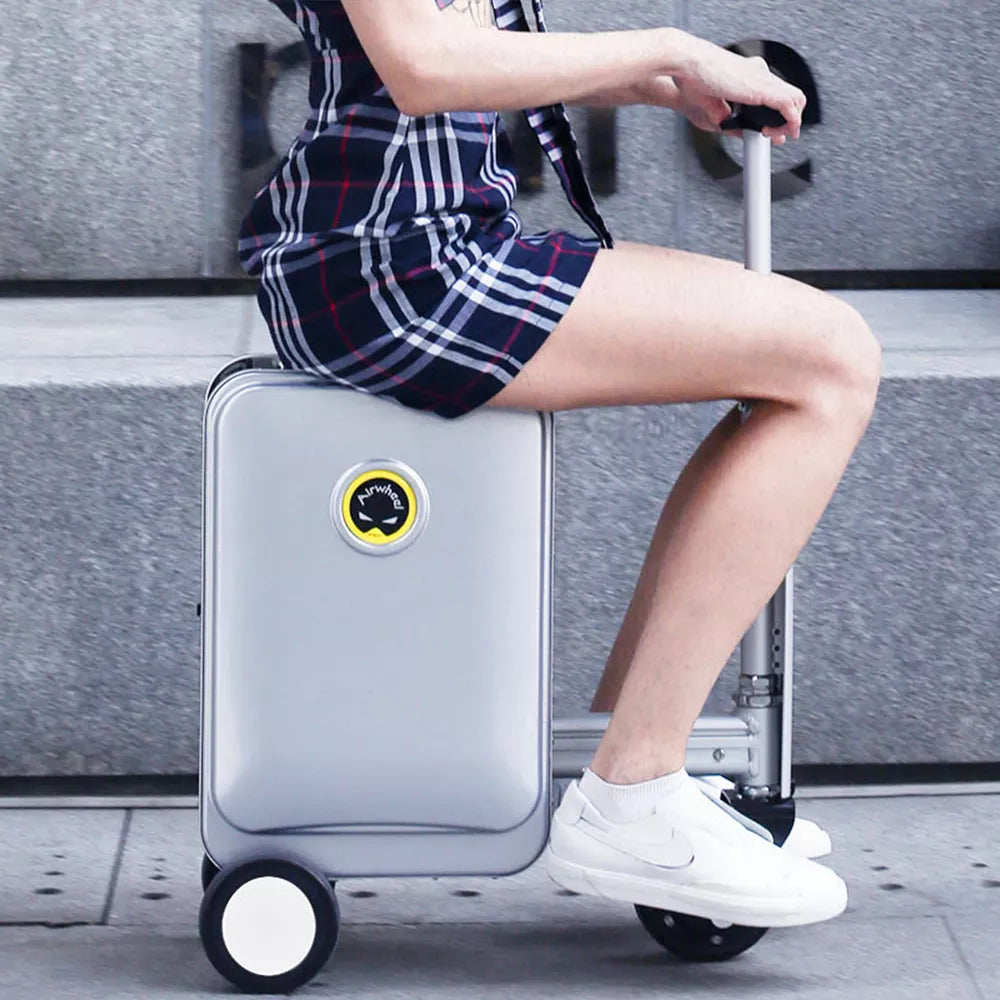
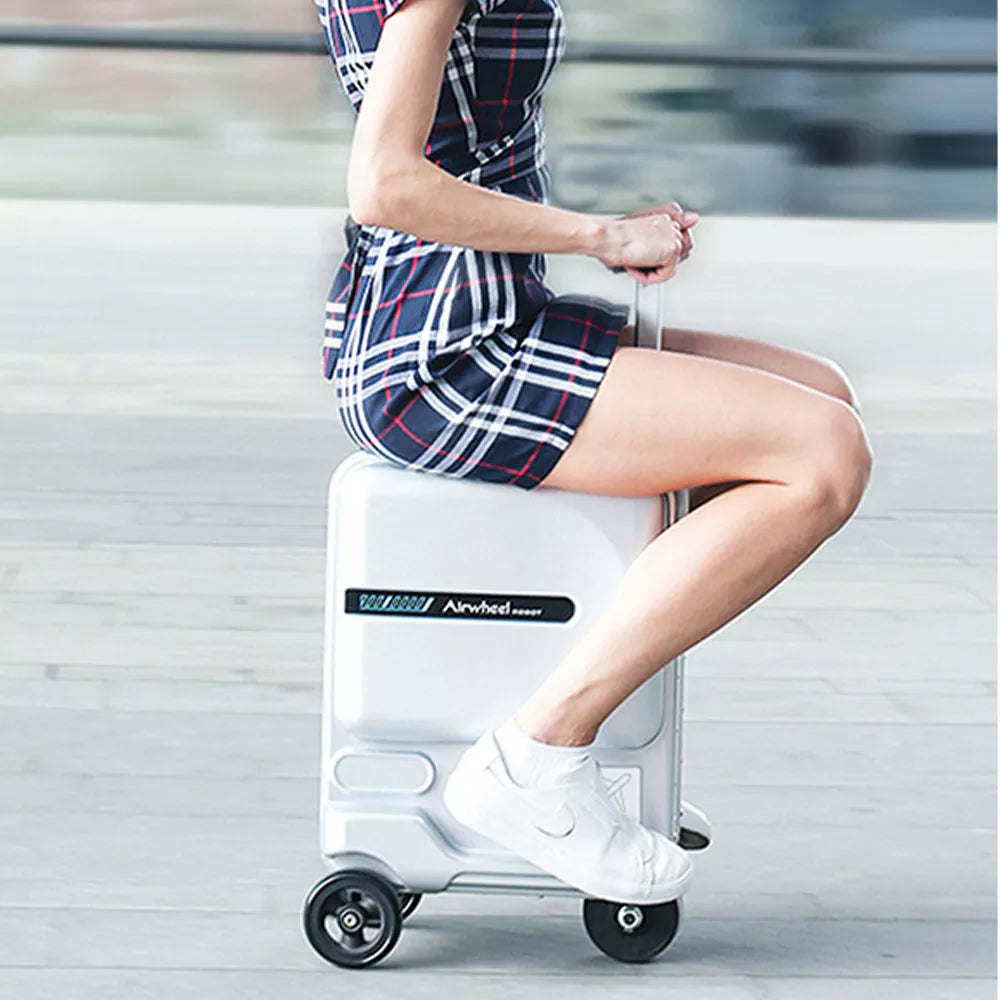
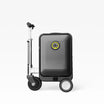
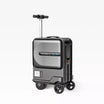
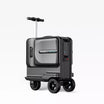
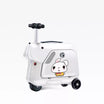
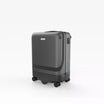
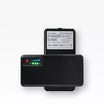
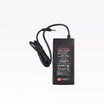





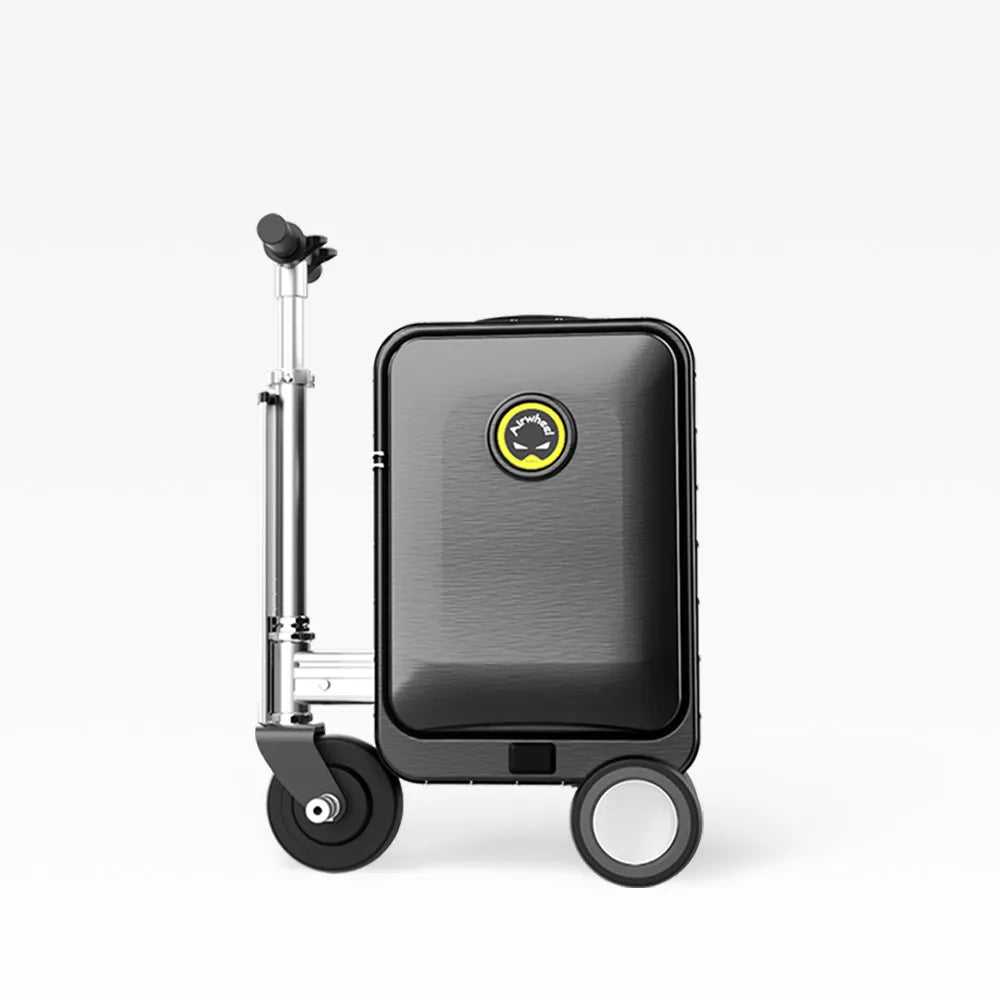
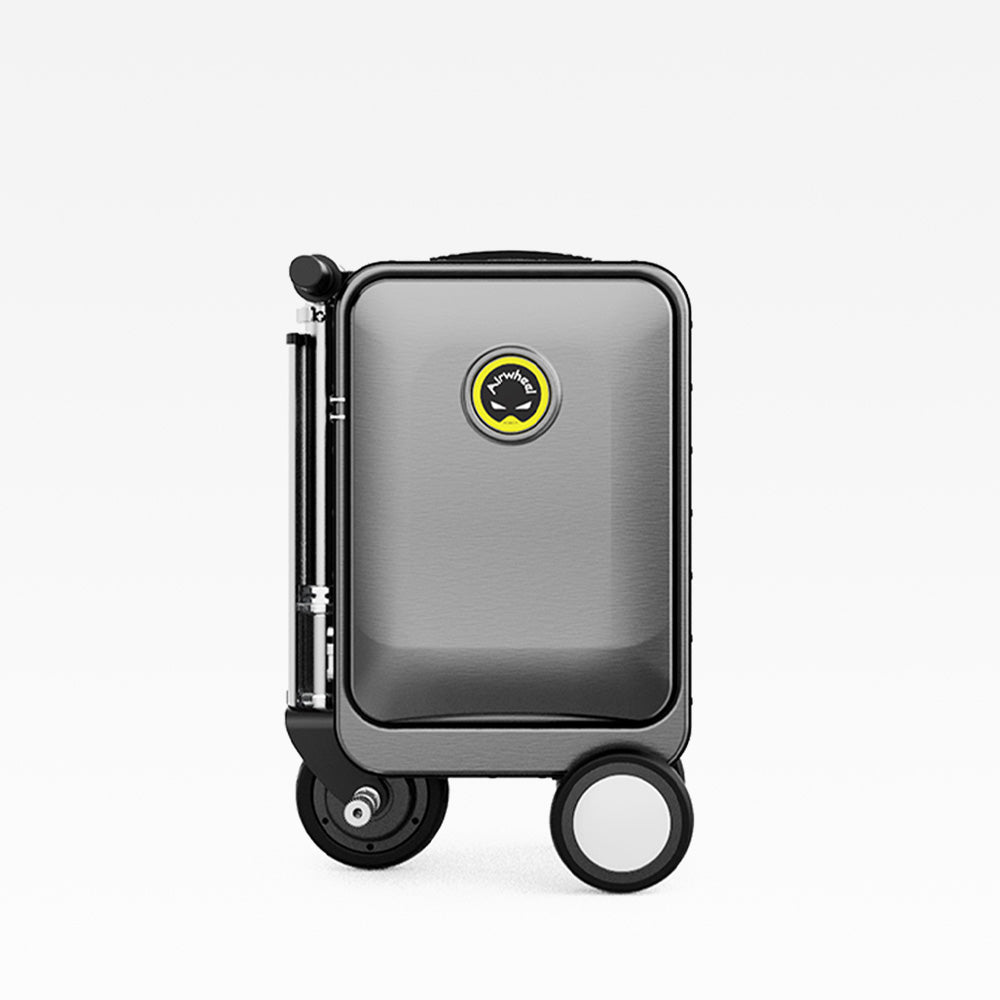
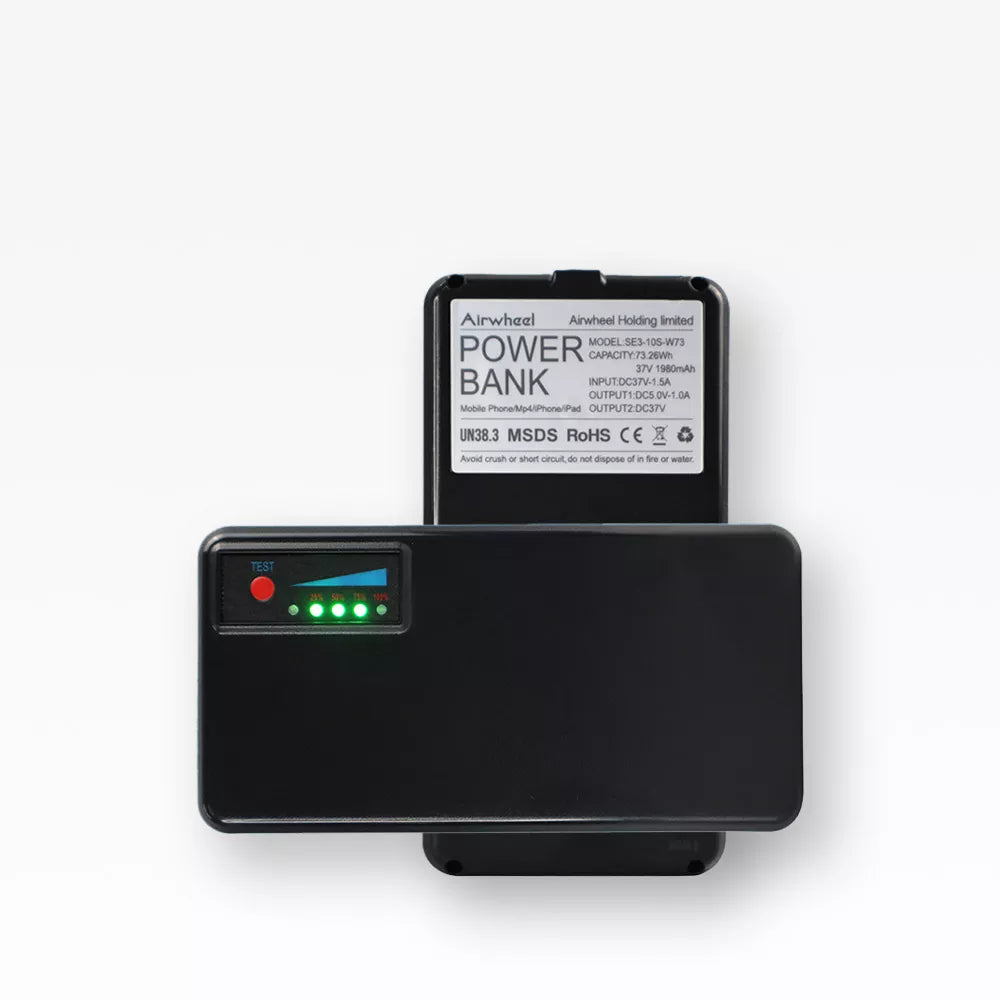
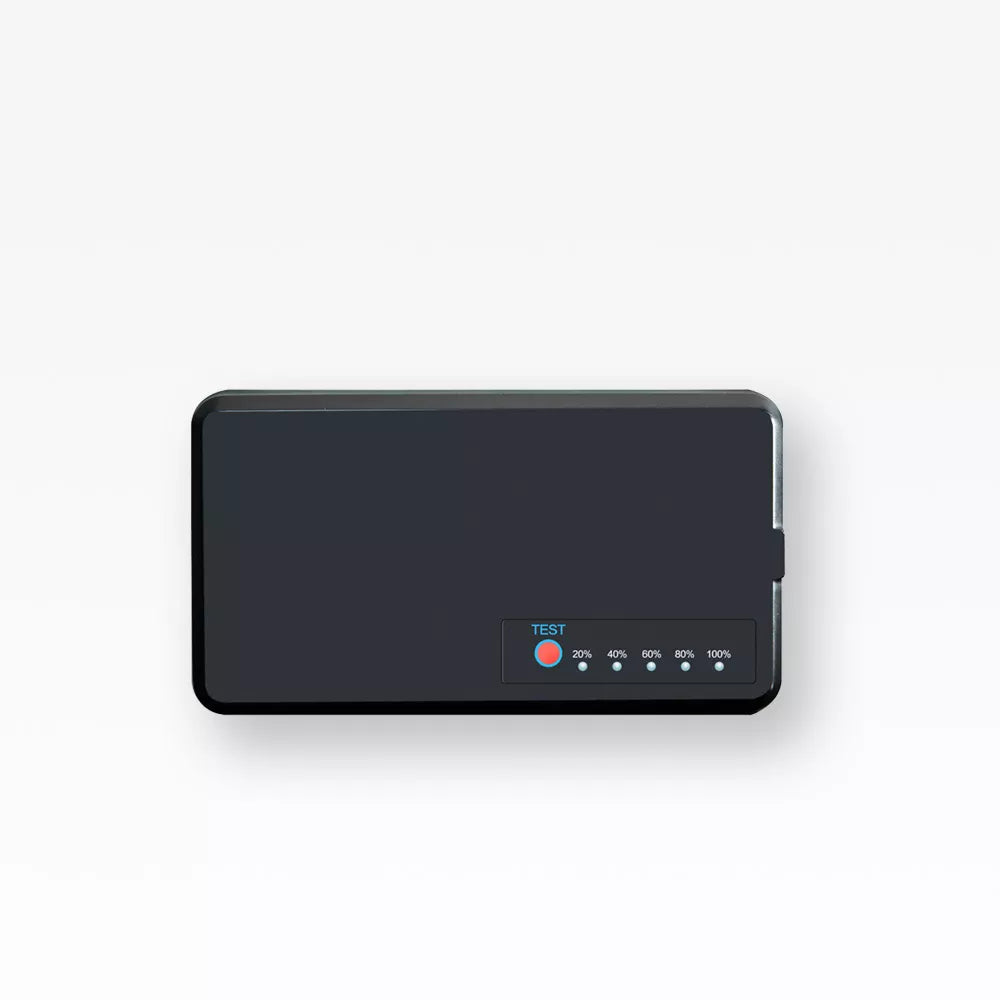
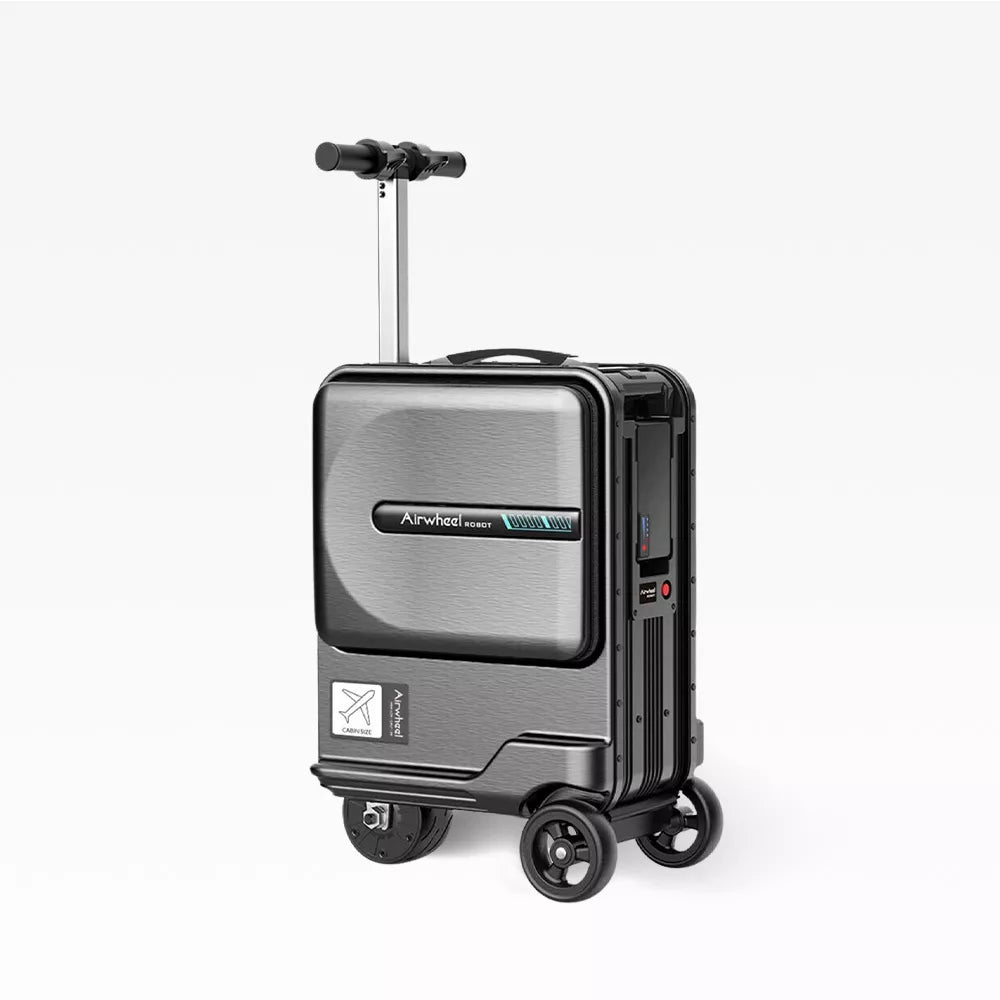
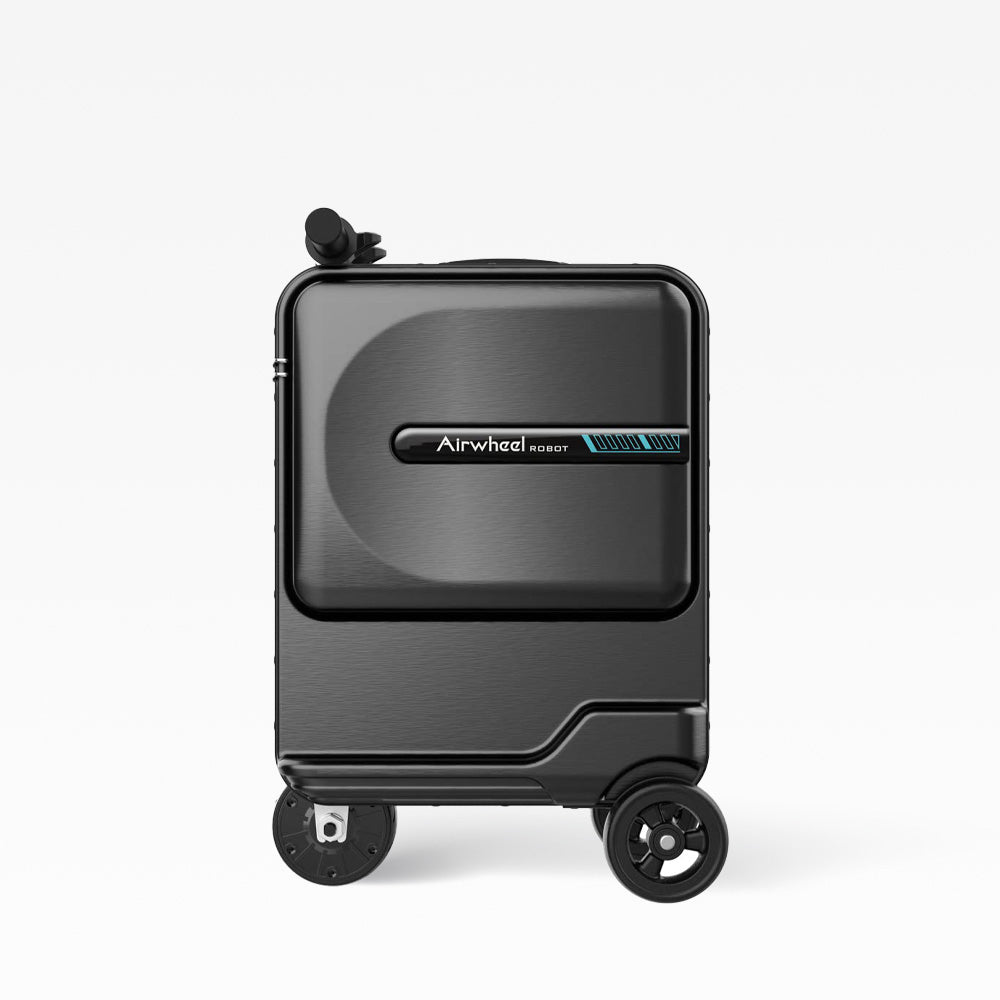
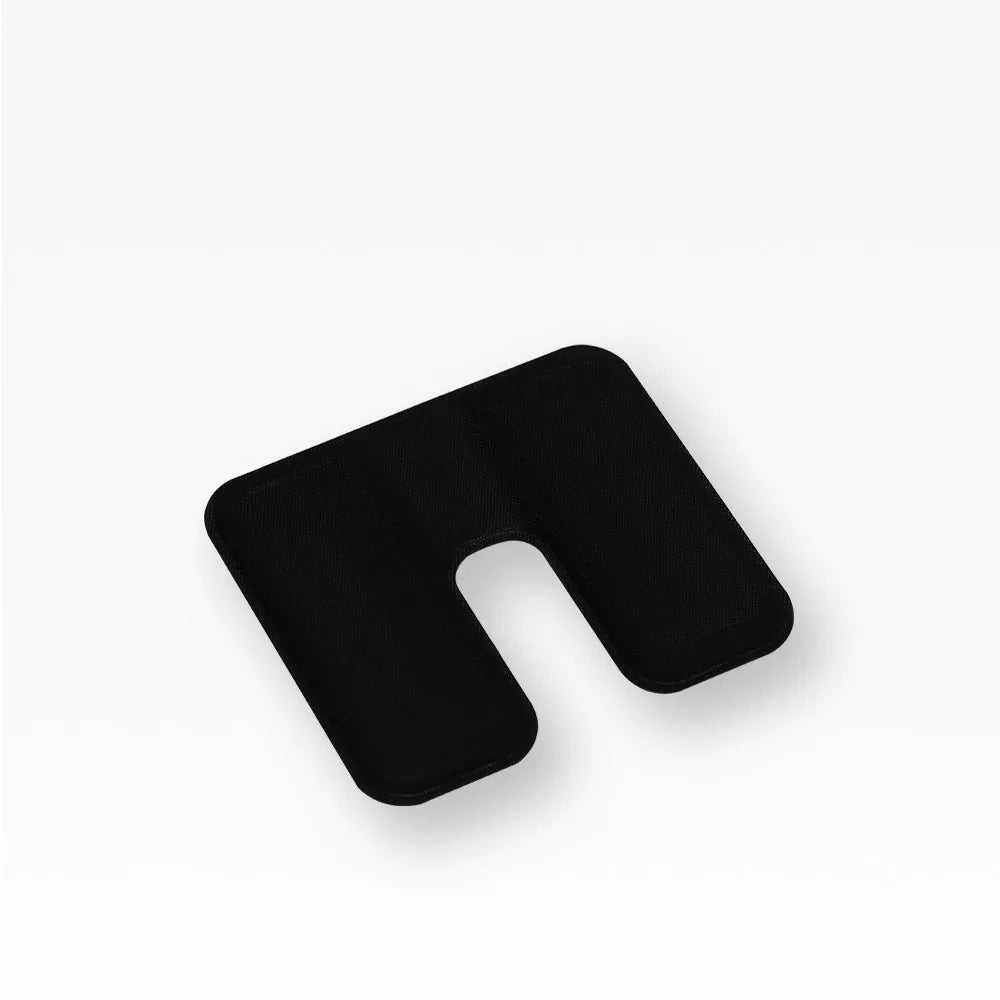
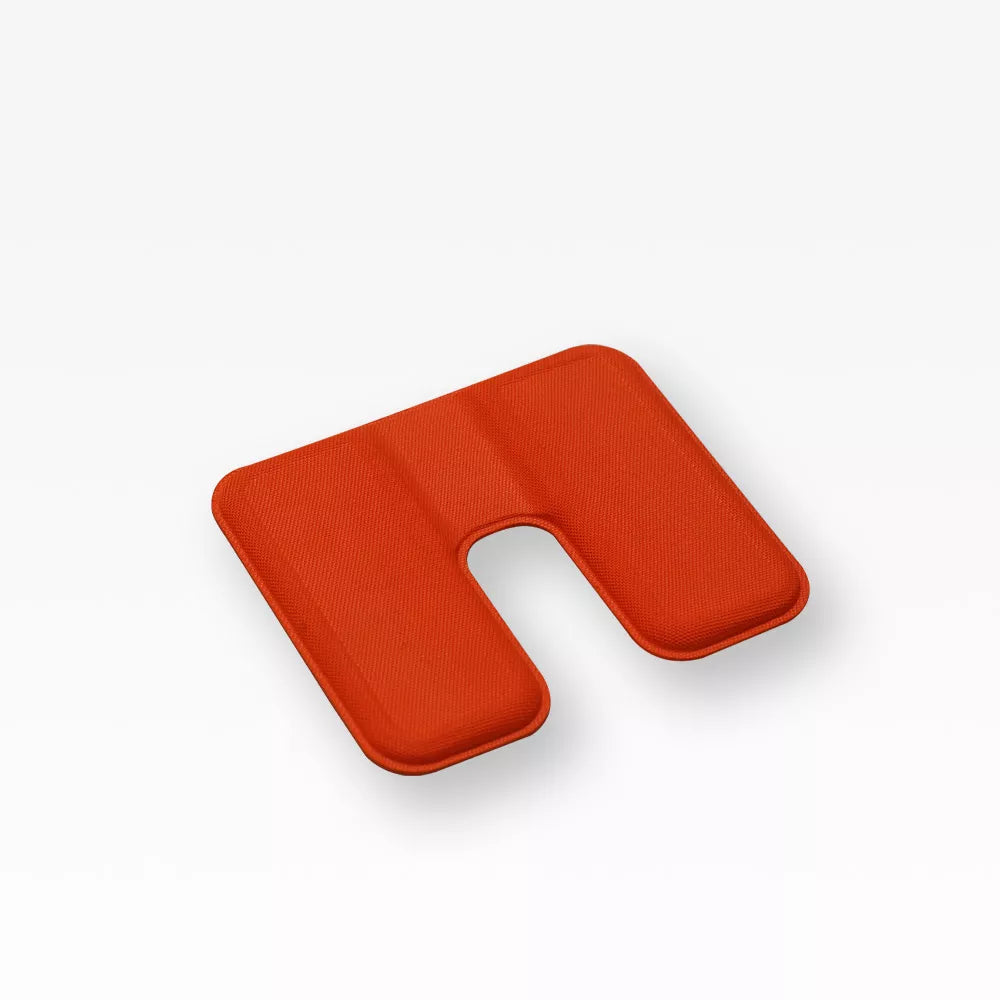
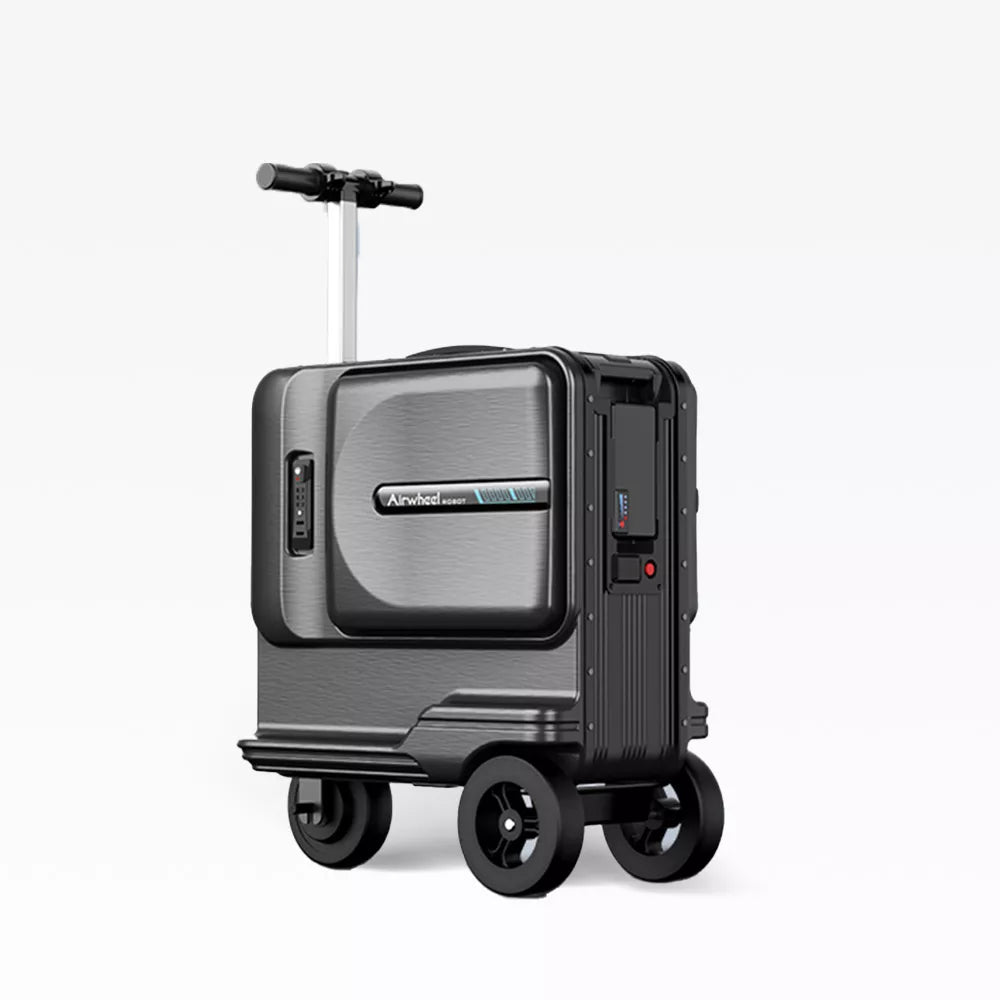
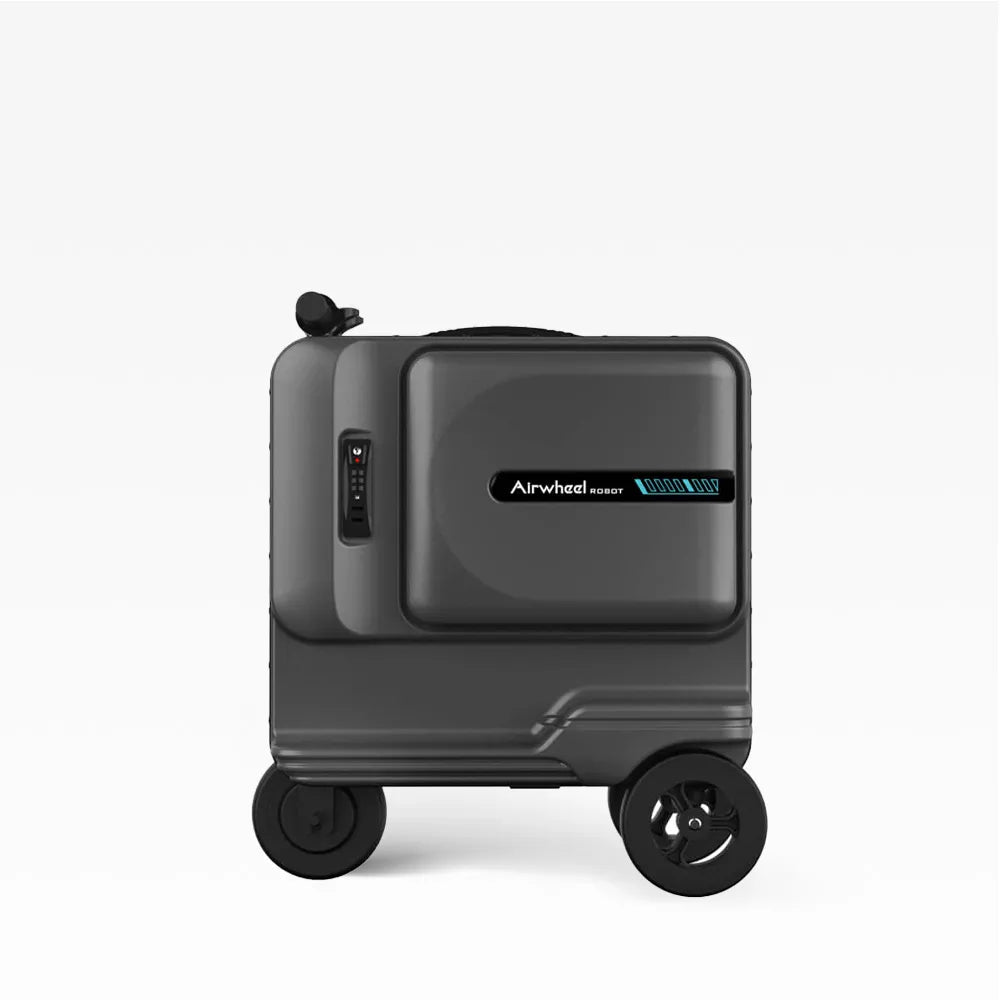
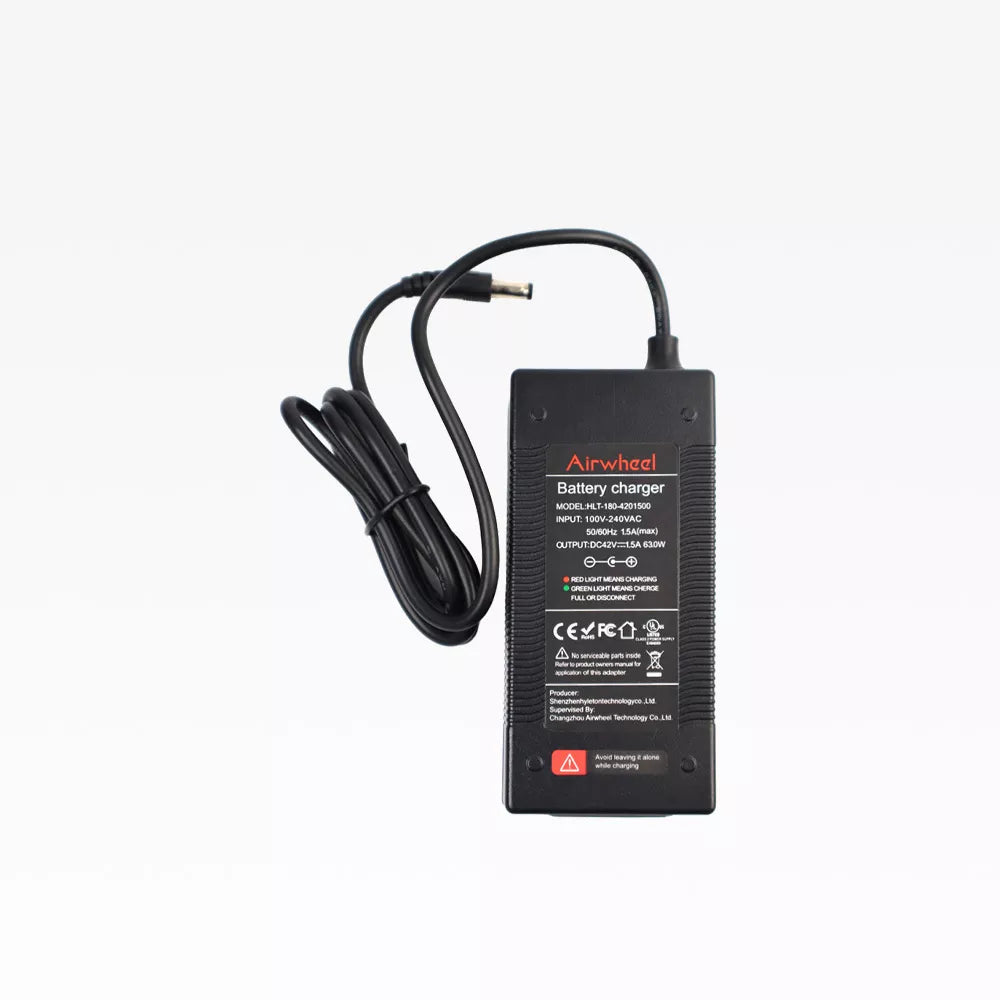
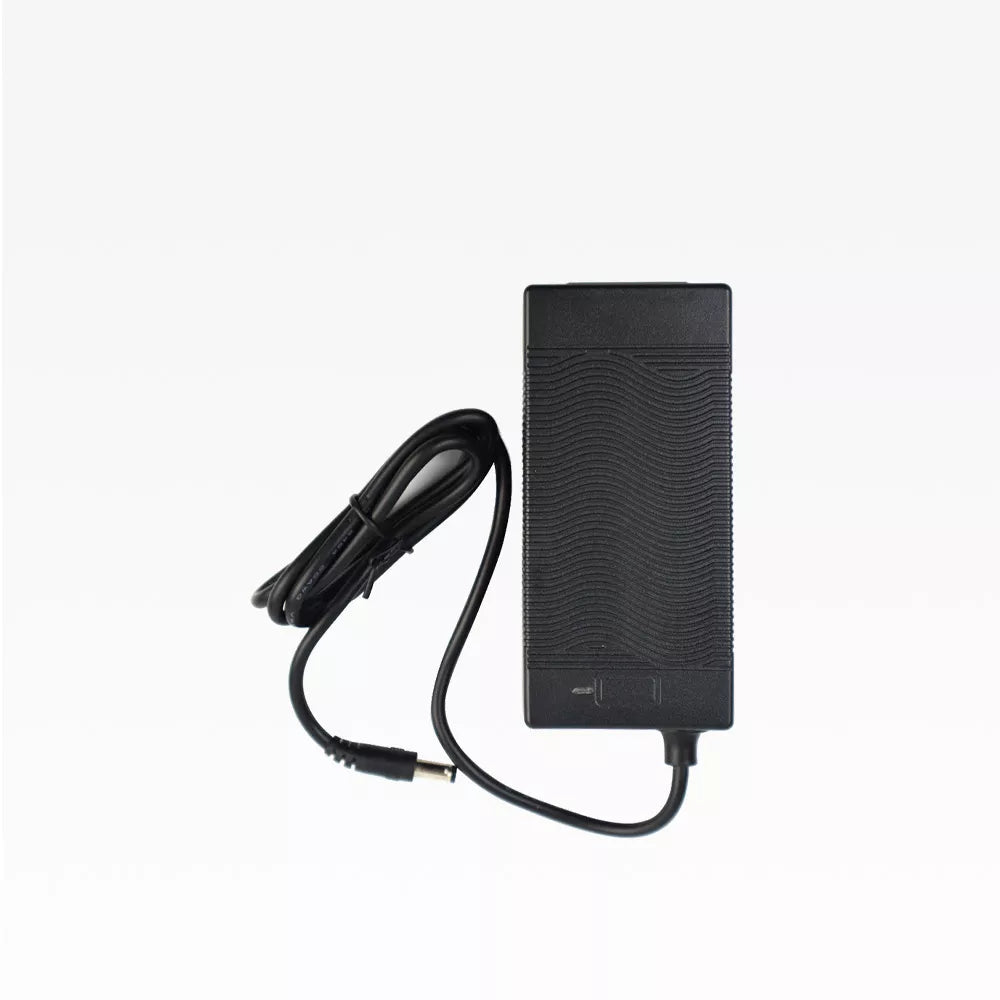

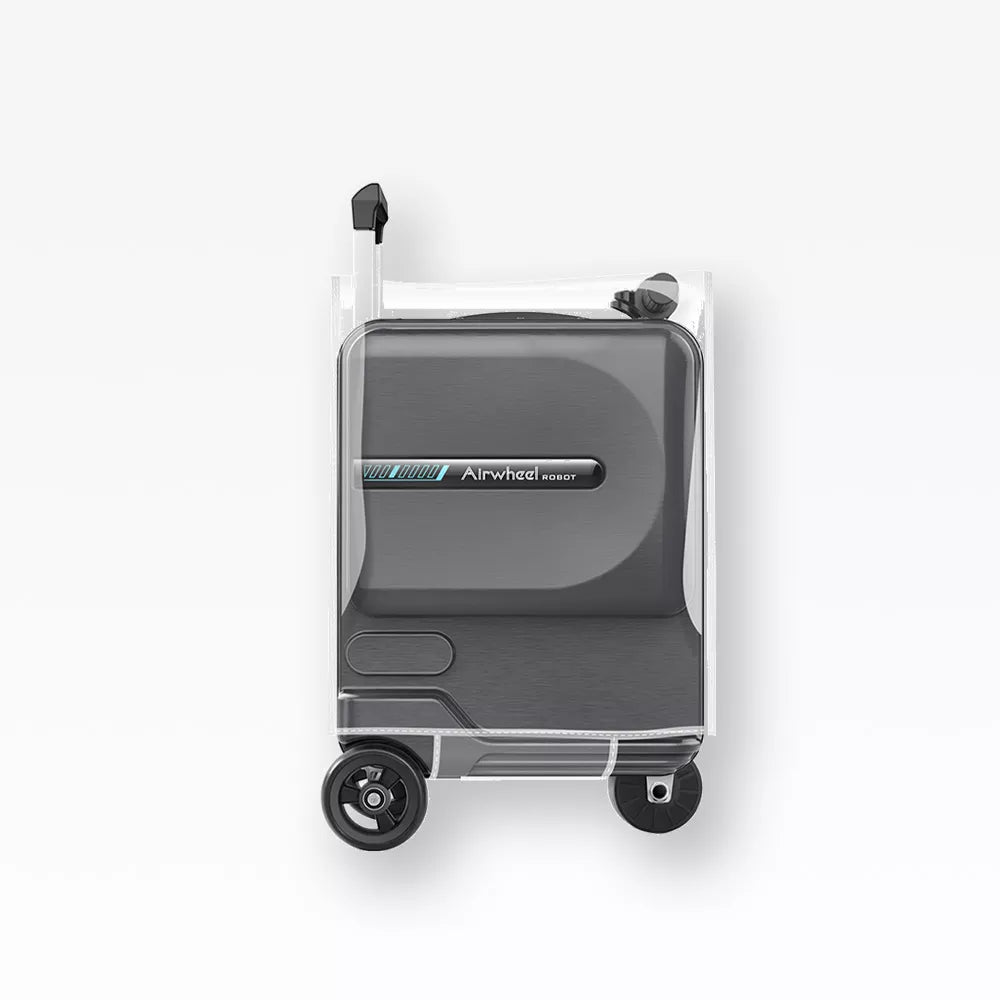
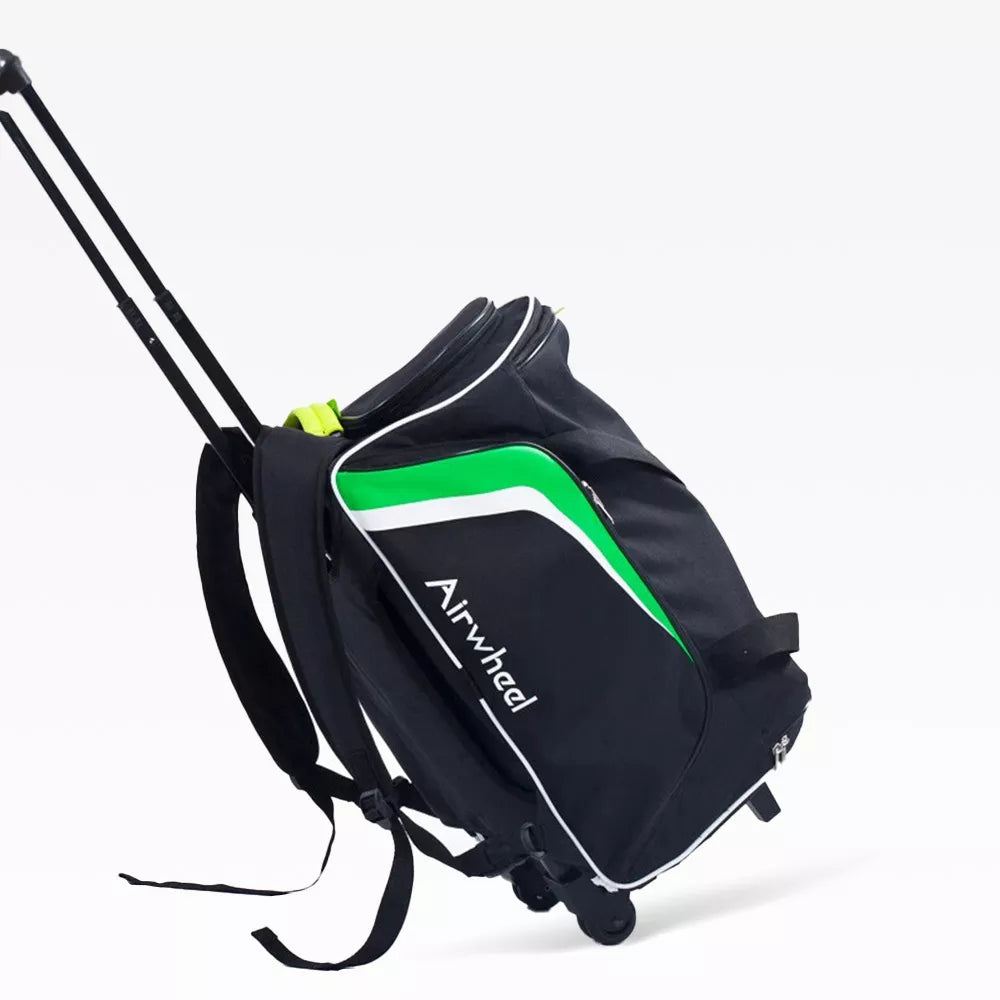
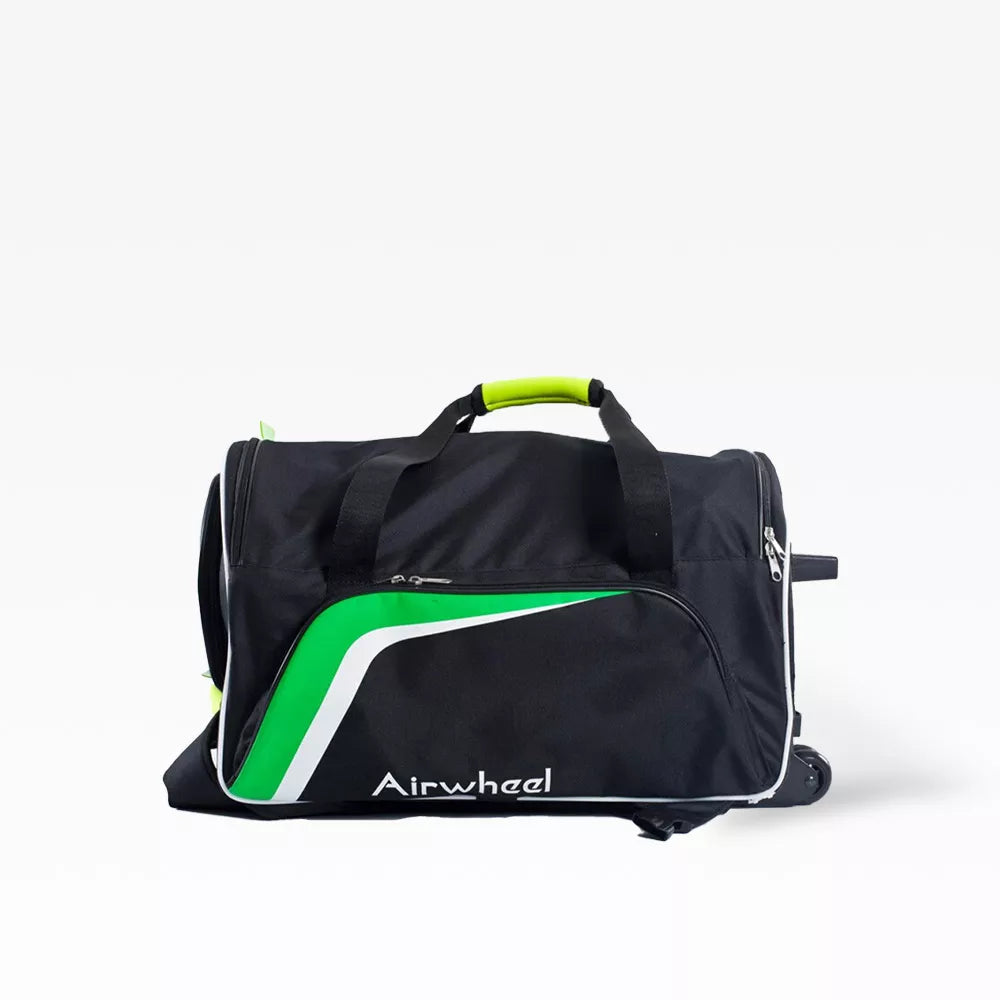
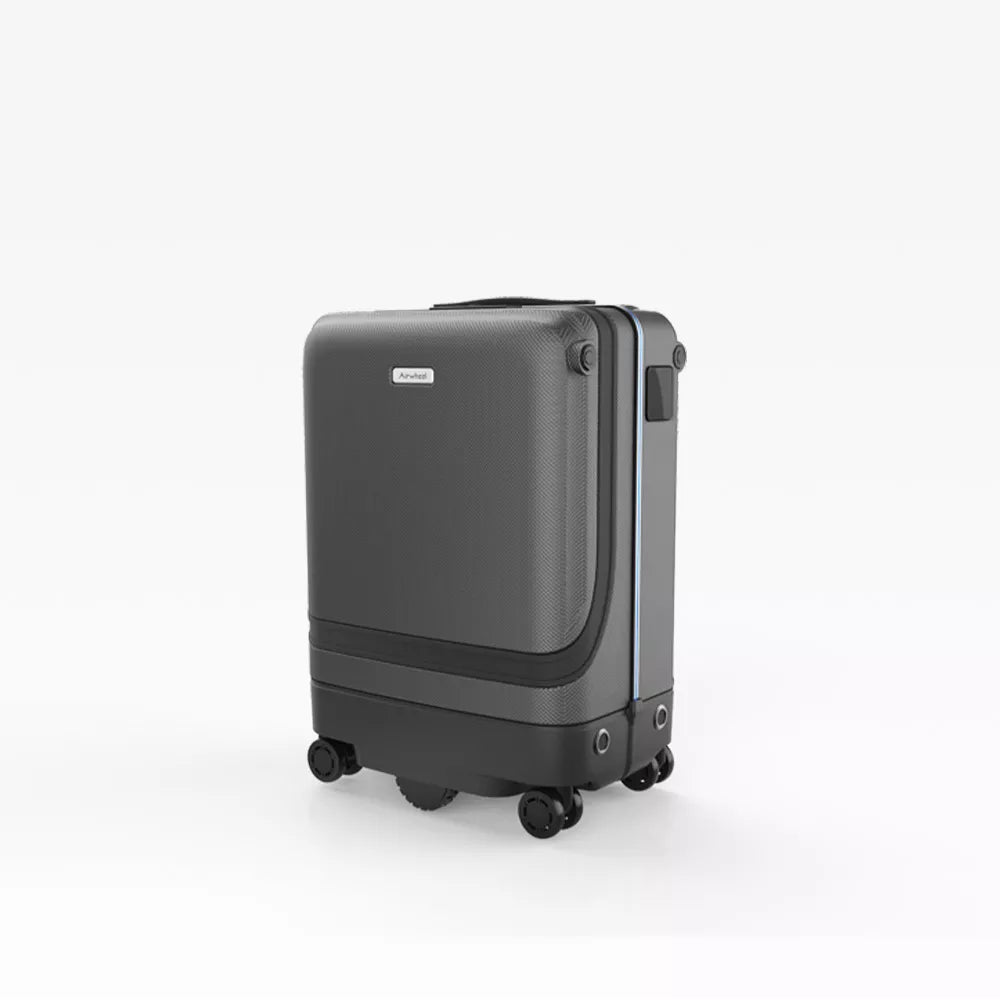
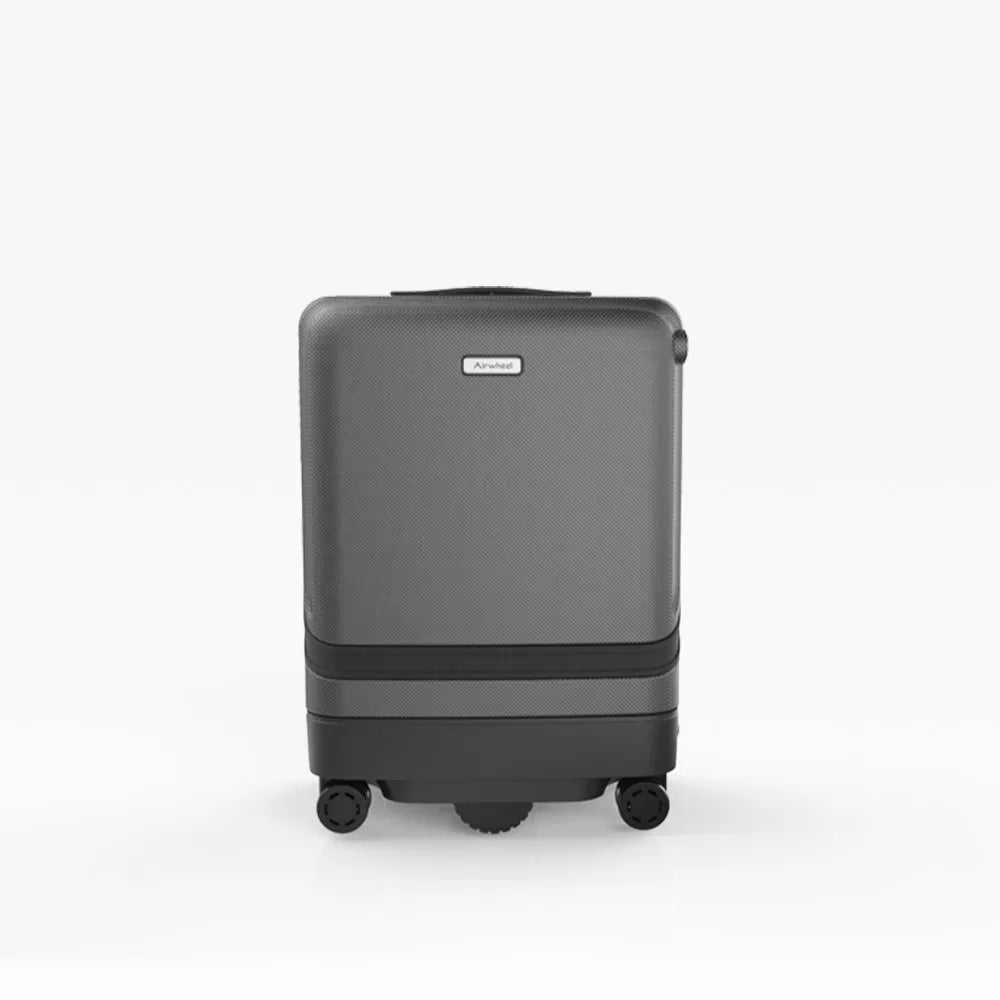
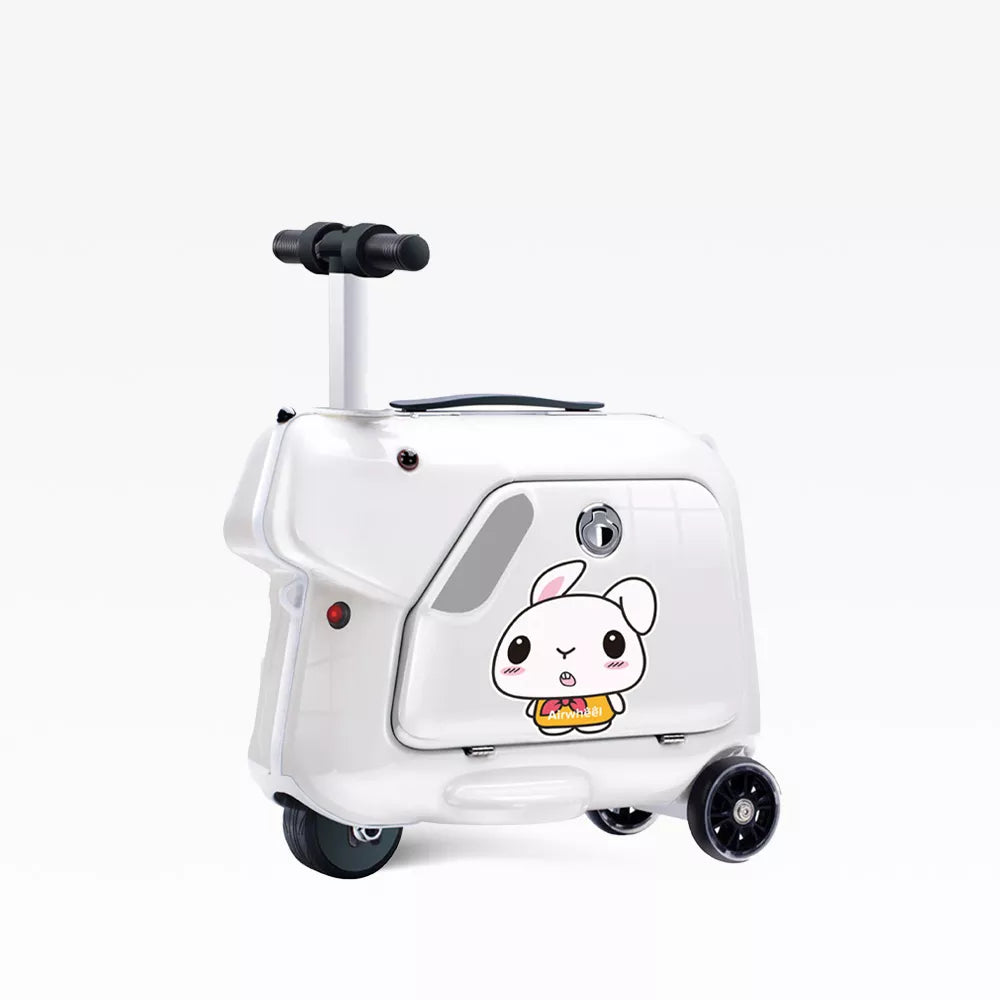
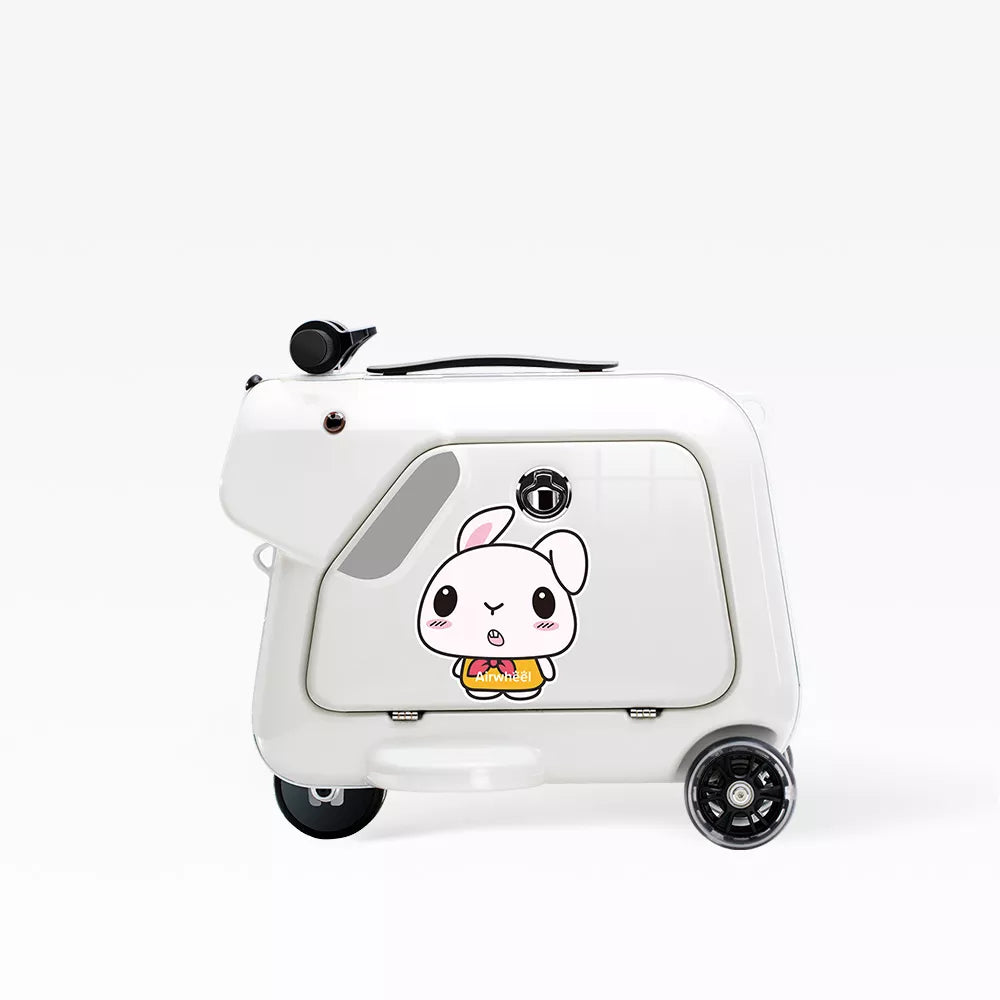
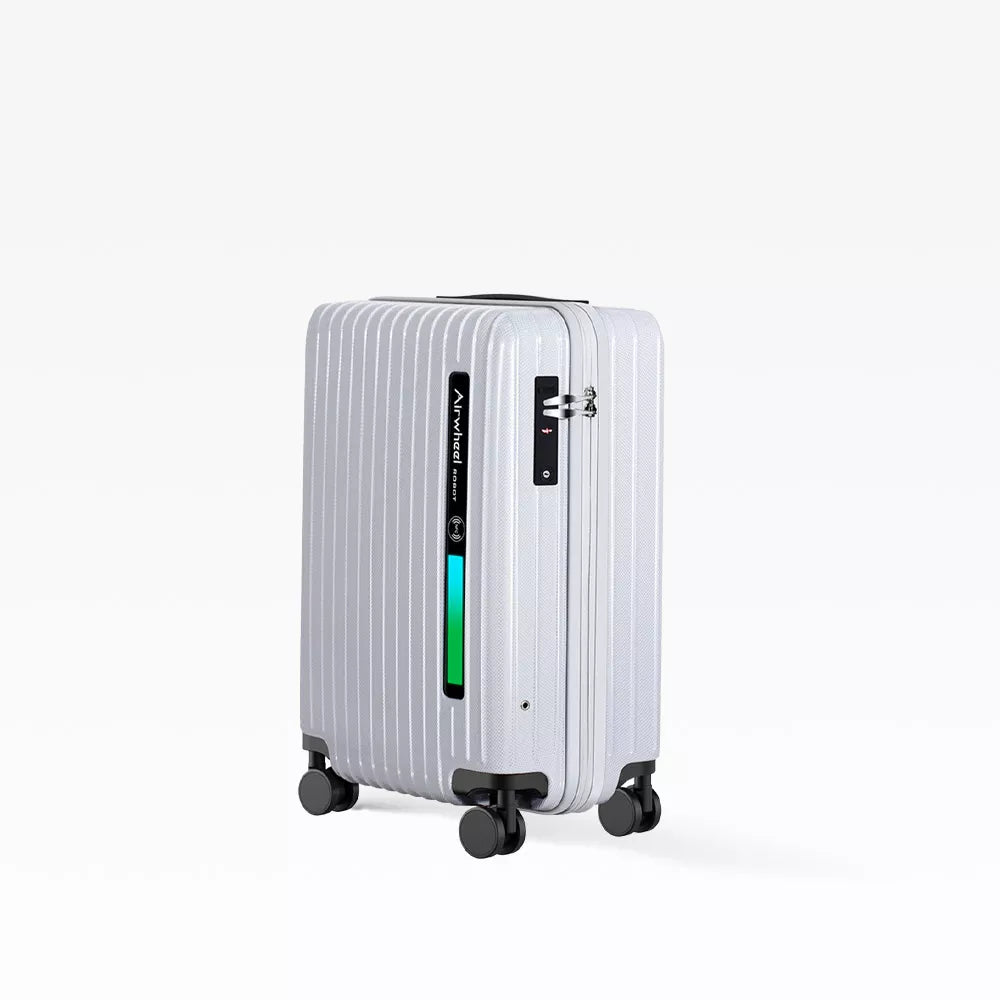
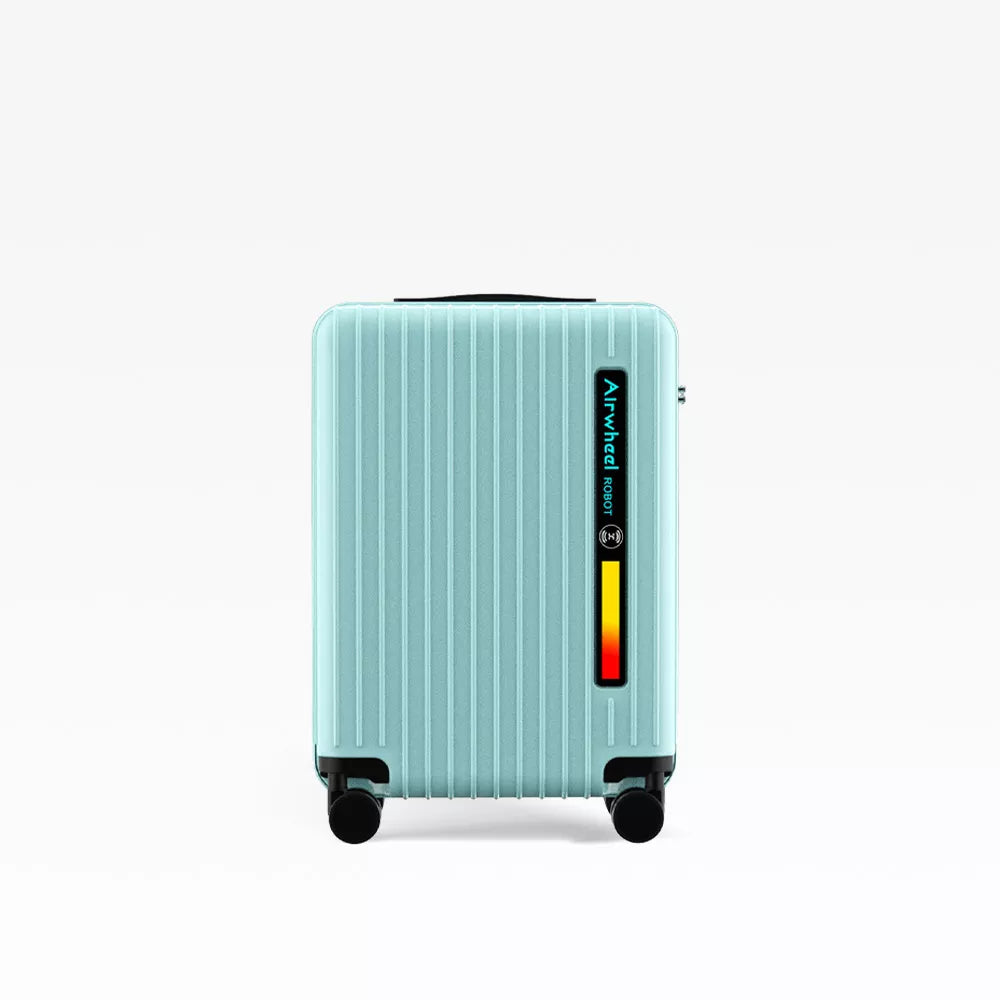
Оставить комментарий
Этот веб-сайт защищается hCaptcha. Применяются Политика конфиденциальности и Условия использования hCaptcha.